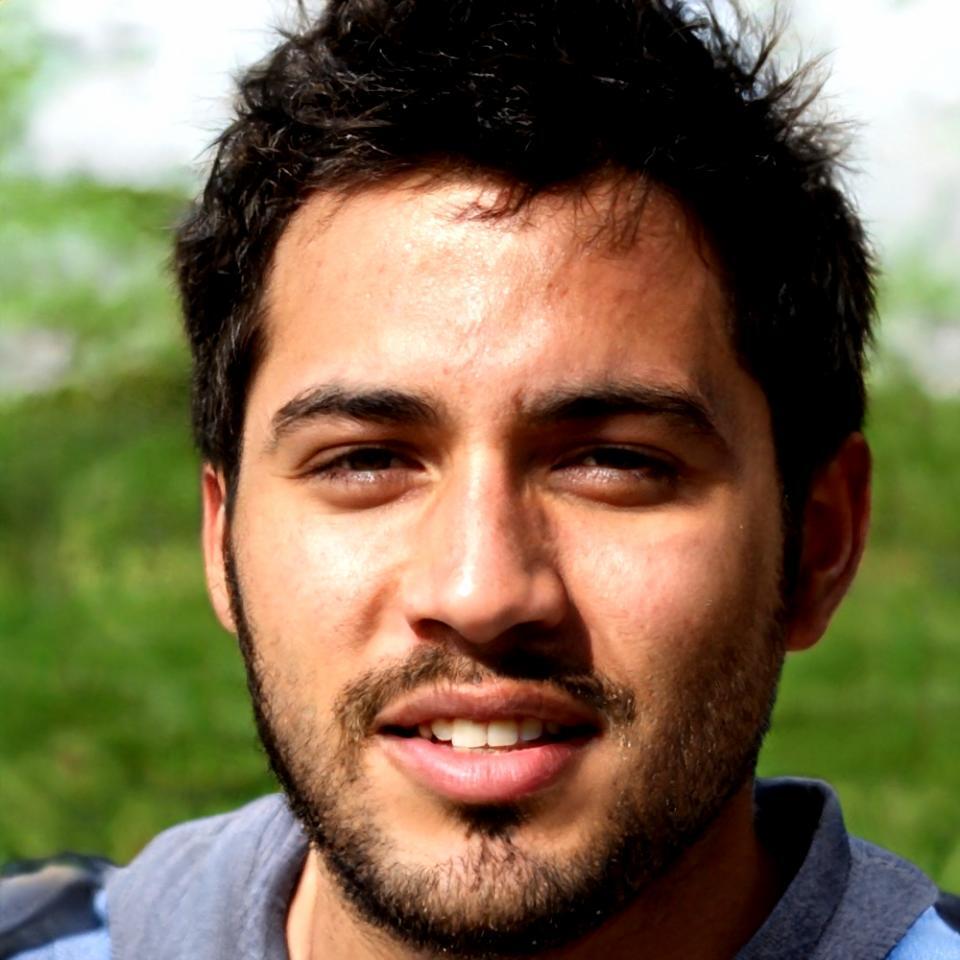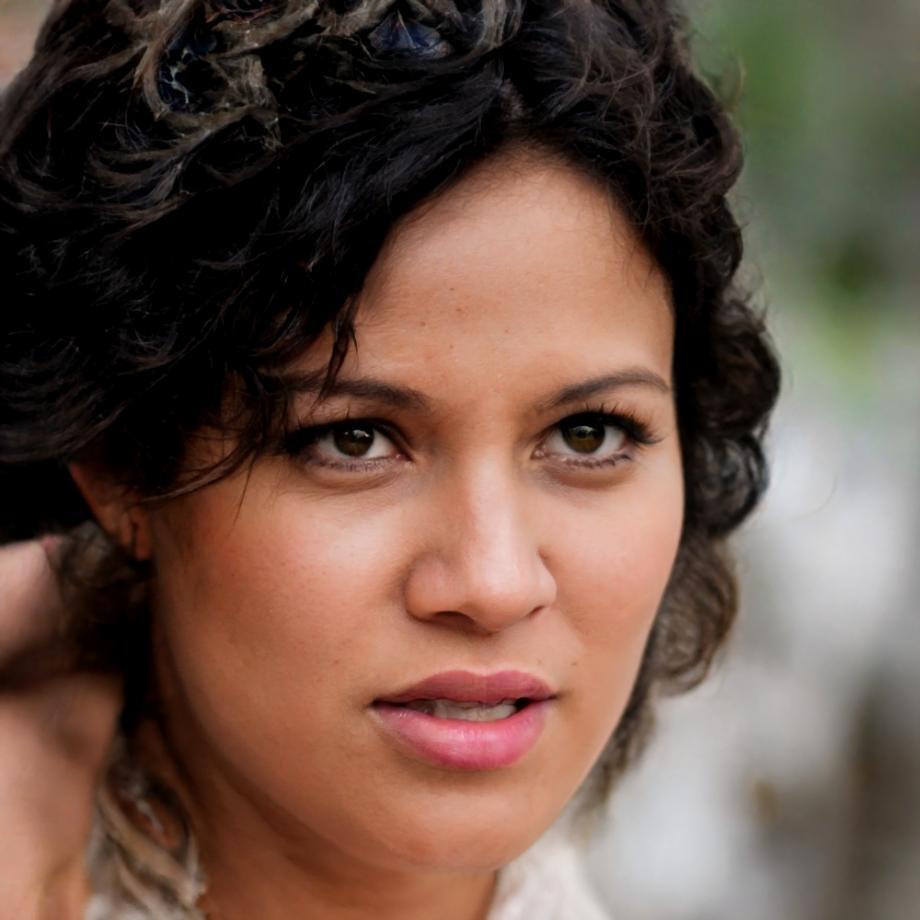Building Tomorrow's Game Developers
We're not your typical coding bootcamp. At Aouatlox, we believe that creating engaging social casino games requires more than just technical skills—it demands creativity, problem-solving abilities, and a deep understanding of player psychology.
Our Beginning
Back in 2021, three friends were sitting in a cramped Toronto apartment, debugging JavaScript for the hundredth time that week. We'd all come from different backgrounds—one from traditional web development, another from mobile apps, and the third from graphics design. But we shared something: frustration with how game development was being taught.
Most programs either focused on massive AAA game engines or simple educational projects. Nobody was talking about the middle ground where social casino games live—that sweet spot requiring solid programming fundamentals, user engagement principles, and yes, some business understanding too.
So we started small. Really small. Just a few weekend workshops in that same apartment, teaching HTML5 canvas manipulation and basic game loops. Word spread through developer meetups, and by early 2022, we had moved to Kenora and were running our first official cohort.

Meet Our Team

Korbin Thorne
Former backend engineer at a fintech startup who discovered his passion for teaching while mentoring junior developers. Korbin specializes in JavaScript architecture and has this weird ability to explain complex async concepts using pizza delivery analogies that somehow always make sense.

Emilia Vasquez
Psychology major turned UX researcher turned game developer—Emilia brings a unique perspective on how people actually learn programming. She's obsessed with breaking down complex topics into digestible chunks and probably rewrites our lesson plans more often than she should.

How We Actually Teach
Forget about lectures where someone talks at you for three hours. Our approach is hands-on from day one. You'll start building something—maybe it's a simple slot machine animation or a card matching game—within your first week.
We structure everything around projects that gradually increase in complexity. By the time you're halfway through the program, you're not just copying code from tutorials; you're making architectural decisions, debugging performance issues, and thinking about scalability.
The best part? You'll have a portfolio of actual games you built, not just certificates saying you watched some videos. Our September 2025 cohort will be working on multiplayer functionality—something we're particularly excited about.
What Drives Us
Real-World Relevance
Every assignment comes from actual challenges we've faced in the industry. We don't believe in toy problems that you'll never encounter again. Our curriculum evolves based on what's actually happening in game development right now.
Learning by Doing
Theory has its place, but we prioritize building things. You can read about event loops all day, but nothing beats the moment when your game suddenly responds smoothly to user input because you finally understand asynchronous programming.
Community Over Competition
Programming can feel isolating, especially when you're stuck on a bug at 2 AM. We've built a culture where asking questions is encouraged, helping others is normal, and celebrating small wins is part of the daily routine.
Our Evolution
Ready to Start Building Games?
Our next intensive program begins in January 2026. We keep class sizes small—usually around 16 students—so spots fill up quickly.
Get Program Details